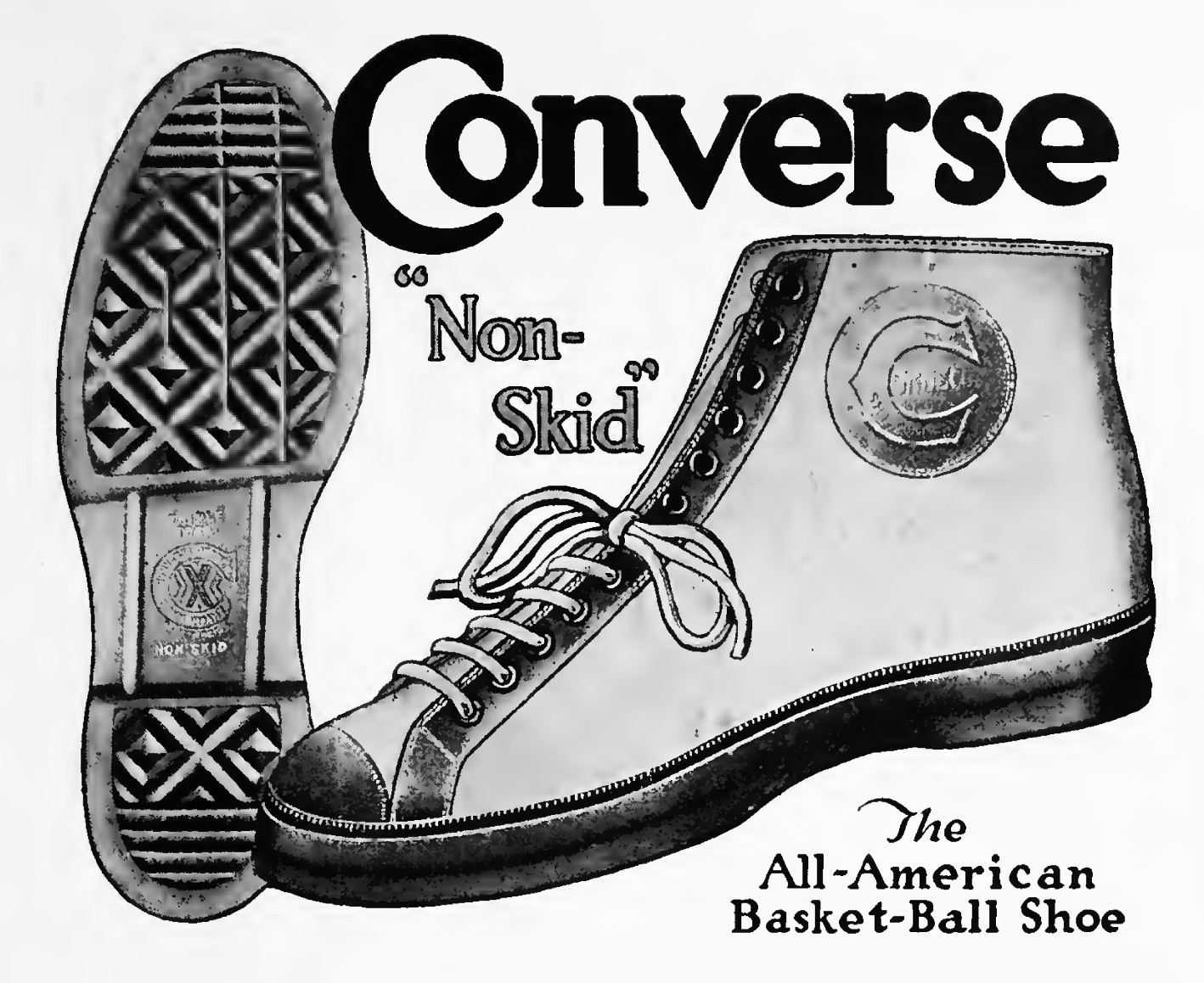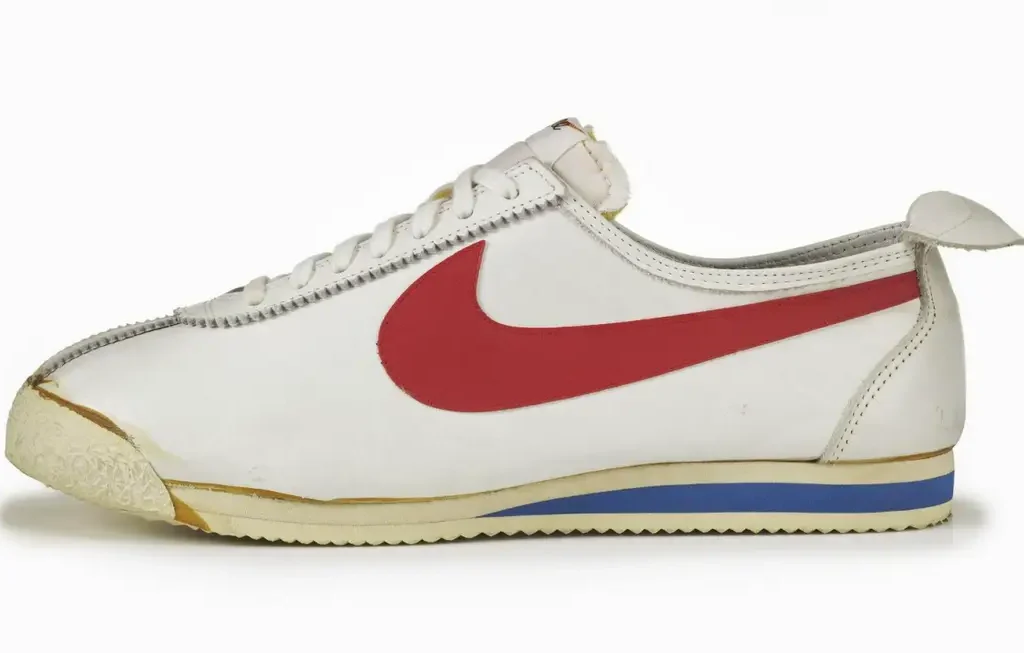The Evolution of Sneakers: A Journey through Athletic Footwear History
Early Sneakers (Late 19th Century)
Early Sneakers (Late 19th Century): The earliest sneakers emerged in the late 19th century, primarily as rubber-soled shoes. In 1892, the U.S. Rubber Company introduced the Keds brand, which featured a canvas upper and a rubber sole. Keds became popular among athletes and ca
Converse All Stars (1917)
In 1917, the Converse Rubber Shoe Company introduced the All Star basketball shoe. It was the first mass-produced athletic shoe in America and gained significant popularity in the basketball community. The All Stars later became iconic in pop culture and fashion


Adidas and Puma (1920s)
In the 1920s, two major sportswear brands, Adidas and Puma, were founded in Germany. Adolf Dassler established Adidas in 1924, and his brother Rudolf Dassler founded Puma in 1929. These brands played significant roles in the development of athletic footwear and became prominent in the following decades.
Nike and Air Cushioning (1960s-1970s)
In 1964, Phil Knight and Bill Bowerman founded Blue Ribbon Sports, which eventually became Nike. In the 1970s, Nike introduced the Waffle Trainer, featuring a unique sole pattern designed by Bowerman. It provided enhanced traction, and later innovations included the introduction of Nike Air cushioning in the Air Max line in 1987.


Nike and Air Cushioning (1960s-1970s)
Reebok Classic, also known as the Reebok Classic Leather, was first introduced in 1983. It quickly gained popularity and became one of Reebok’s most recognizable shoe models.
Reebok Pump is another iconic sneaker model that revolutionized the athletic footwear industry. It was introduced in 1989 and gained immediate attention due to its innovative technology. The Pump was the first shoe to feature an inflatable chamber within the tongue, allowing wearers to customize the fit and provide enhanced support.
Sneakers in Pop Culture (1980s-1990s)
Sneakers became a fashion statement and a symbol of street style during the 1980s and 1990s. Brands like Nike, Adidas, and Reebok gained popularity through endorsements by athletes and collaborations with musicians and celebrities. Iconic sneakers from this era include the Nike Air Jordan series, Adidas Superstar, and Reebok Pump.
Sustainable Sneakers (Present): With increased environmental awareness, there has been a push toward sustainable sneaker production. Brands are using recycled materials, exploring alternative manufacturing methods, and developing eco-friendly initiatives to reduce their environmental impact.
Sneakers have evolved from simple athletic shoes to cultural icons, blending fashion, sports, and technology. They continue to shape and reflect trends in fashion, sports, and popular culture.


